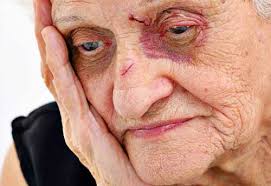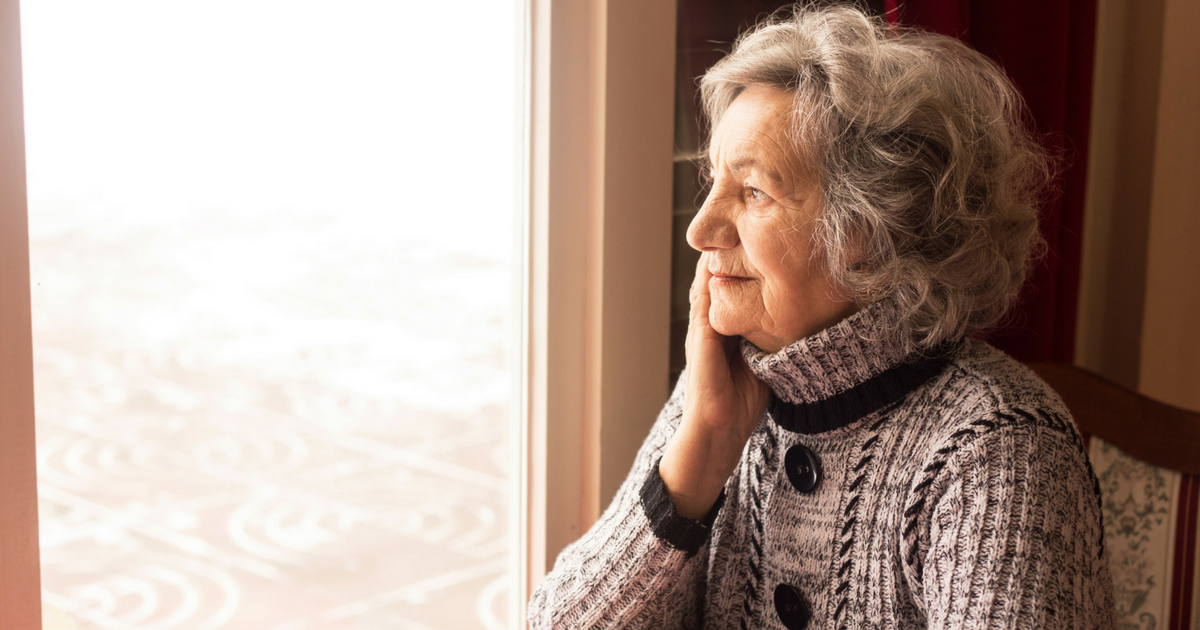If you are having problems sleeping, AARP Bulletin (December 21, page 6) has some great ideas such as:
Test your pillow – The National Sleep Foundation recommends replacing your pillows every one to two years. “Put your arm out straight and lay the pillow across it. If it looks like a pair of old saddlebacks, it’s time for a new one,” says Michael Brues, a clinical psychologist and sleep specialist in Los Angeles.
Get at least an hour of sunlight each day – Morning sunlight is important for good sleep. “It turns off the melatonin faucet in your brain, which helps relieve that groggy morning feeling,” Berues says.
Skip salty snacks before bed. In a research study, 321 patients with high salt diets and sleep issues were studied for 12 weeks. When people cut down on salt, their average bathroom trips decreased from twice per night to once.
Tackle your troubles before dinner – If you have grievances with your spouse, don’t wait until nighttime. Arguments and discussing tough subjects can lead to a restless night.
Don’t Watch Scary Movies At Night – In a U.K. study, participants watched a scary movie and it raised the viewer’s heart rate by 24 beats per minute. This can disrupt your sleep.



